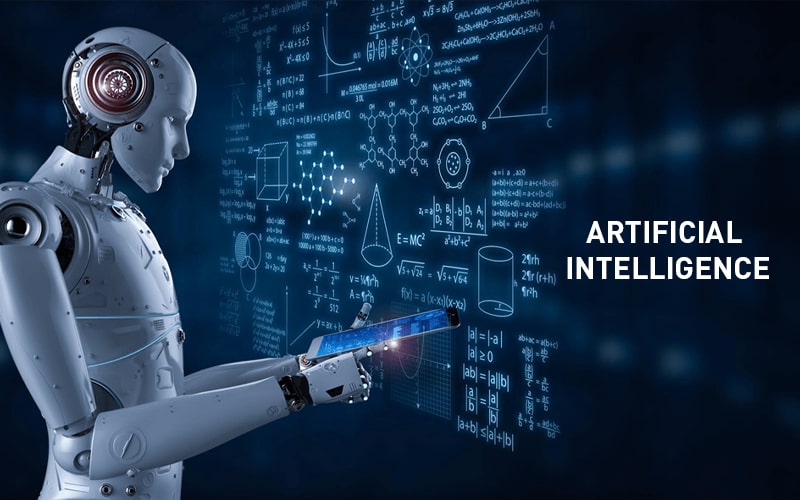|
Getting your Trinity Audio player ready...
|
The Netherlands, in partnership with the United Nations (U.N.), has initiated a groundbreaking project aimed at equipping Europe’s national agencies with the capabilities to effectively oversee and regulate artificial intelligence (AI). This significant undertaking, supported by the European Commission, comes in advance of the anticipated passage of the AI Act, comprehensive legislation designed to govern AI usage throughout Europe.
Within the framework of this project, the United Nations Educational, Scientific, and Cultural Organization (UNESCO) will play a central role by aggregating information on how European nations are currently supervising AI activities. UNESCO will also compile a comprehensive list of “best practices” recommendations for AI oversight.
To facilitate the project’s goals, the Dutch Digital Infrastructure Agency (RDI) will work closely with UNESCO. They will coordinate efforts to engage and interact with national working groups from across Europe. The inaugural meeting of these groups took place on Thursday in The Hague.
Gabriela Ramos, a representative from UNESCO, emphasized the global significance of the project, stating, “What we learn here, I promise you, is going to inform many discussions that are happening at the very same time everywhere around the world.”
UNESCO has been actively involved in discussions surrounding AI, contributing ethical guidelines in 2021 that were subsequently adopted by all 193 member states. It is important to note that while these guidelines are influential, they are not legally binding.
Nathalie Berger, the leader of the European Union body responsible for assisting member states in implementing reforms, provided insights into the timeline of the AI Act. She stated that while the AI Act is expected to be passed later this year, it will take an additional two years to become fully operational.
Berger emphasized the pivotal role of supervision in ensuring the practical effectiveness of AI regulation, stating, “Supervision is absolutely key to making sure that everything works well in practice.”
This collaborative effort between the Netherlands, the U.N., and European nations marks a significant step forward in preparing for the effective regulation and oversight of AI technologies. As AI continues to advance and integrate into various aspects of society, regulatory frameworks and supervisory mechanisms are crucial to strike a balance between innovation and ethical use. The insights and recommendations generated by this project are expected to influence AI discussions globally, making it a pivotal initiative in the evolution of AI governance.



